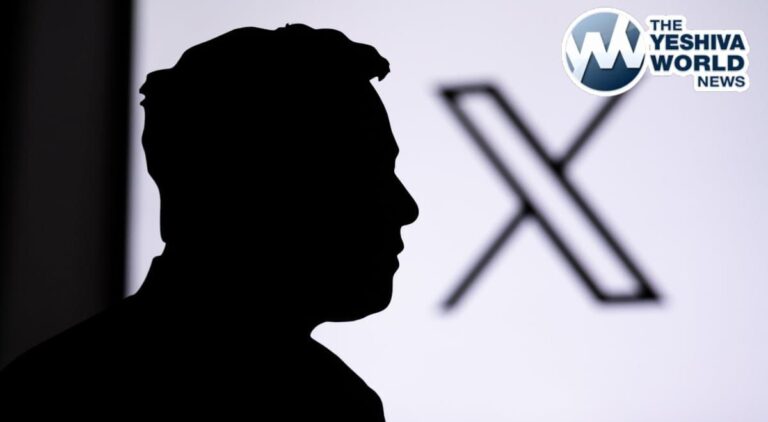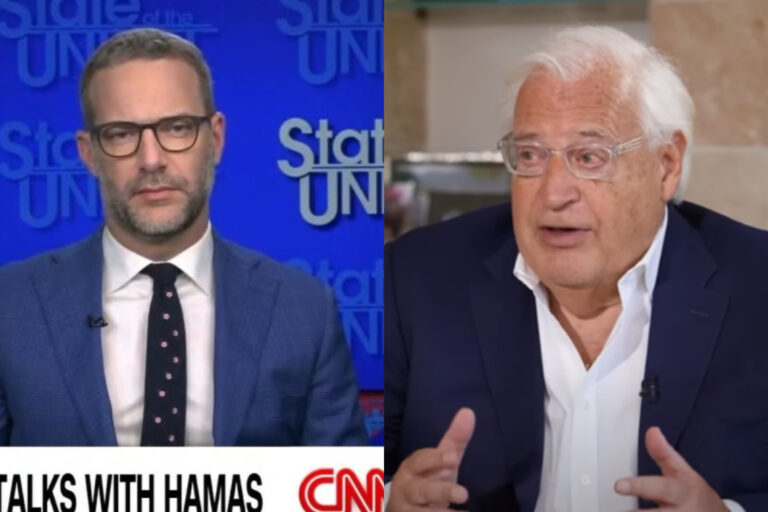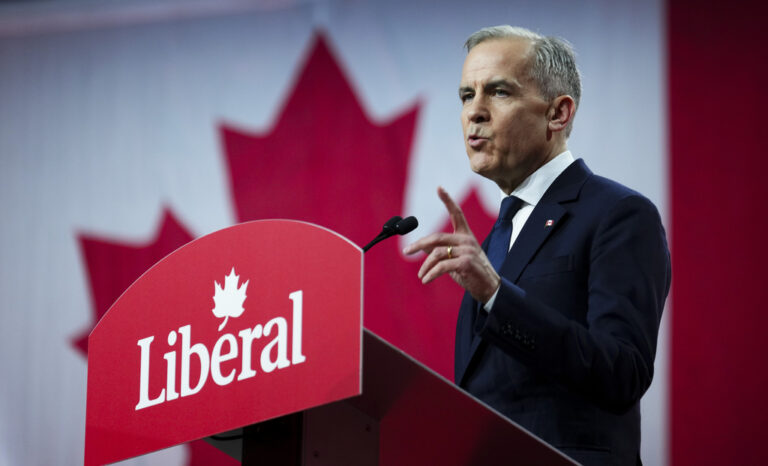It looks like a legal matter mainly, with police investigating, prosecutors deliberating, journalists digging and shady associates cutting deals. But in this season of scandal in Benjamin Netanyahu’s Israel, not unlike in Donald Trump’s America, what’s beneath the surface may be more revealing still.
When Netanyahu and Trump meet Monday, they will share circumstances that are as strikingly similar as they are historically rare: two elected leaders who are at loggerheads with their countries’ establishments, holding on, despite scandals, to a base that, if anything, seems to delight in the angst being wrought upon many of the wealthy, the educated and the cultured.
In Netanyahu’s case, legal complications are mounting by the day, with four cases under investigation and counting, two sets of police recommendations to indict him for bribery, two states’ witnesses against him and a grim collection of aides and other associates in detention or house arrest. Netanyahu is also suspected of receiving hundreds of thousands of dollars in gifts from billionaire friends and breaking the law while trying to engineer favorable media coverage.
An associate is suspected of trying to broker a deal on Netanyahu’s behalf with a judge in exchange for dropping a case against the premier’s wife. Another case involves suspected kickbacks in a massive deal to purchase submarines from Germany that reportedly may have benefited a Netanyahu relative. For good measure the story line also includes champagne, cigars, and side plots featuring his son joyriding to strip clubs at taxpayer expense and his wife screaming hysterically at an aide.
For your average politician in more decorous times, it would be tough to bounce back from. But Netanyahu — who was questioned by police on Friday, before meeting with Trump at the White House on Monday — is clearly determined to try to ride it out. He might succeed: the battle lines are drawn, and people seem entrenched.
Television footage showed special investigators arriving at Netanyahu’s residence on Friday and Israeli media reported that the prime minister and his wife were being questioned as part of an investigation into a corruption case involving the country’s telecom giant.
Police later issued a statement saying the couple “were questioned for a number of hours as part of an investigation” by police and the Israel Securities Authority.
For many Israelis the most disturbing aspect of all is Netanyahu’s abandonment of the norms of governance. Beyond the cases being investigated as actual crimes, these include his decision to appoint an attorney general — the highest prosecution official in the land — from among his close associates, to use relatives and friends in sensitive government work, to agitate not just against the media and the opposition but also against the police and judiciary, and to push the envelope on expenses, including on his private home.
There is a striking parallel with the United States, where Trump has sidestepped numerous norms, including the tradition that presidential candidates release their tax returns and presidents clearly divest themselves of business interests while in office and don’t denigrate the intelligence community or the media. There, as in Israel, some people welcome this shaking up of a system they don’t trust while others fear for the Republic.
It seems to be a worldwide phenomenon in unsettled times. In places like Hungary and Poland, elected governments are rolling back liberties embraced after communism fell, with many people who felt left behind cheering them on. In Turkey, a popular but divisive leader now leads a country where the media is not free. In China, a leader who does not claim democratic credentials is consolidating powers.
In Netanyahu’s case, he can retain his office until actually convicted of a crime, which could take years. He could even run again under indictment, as he has implied he will. The rules allow all of this — but it is not the norm.
The norm for legally embattled Israeli leaders was illustrated by Yitzhak Rabin, who resigned in 1977 after his wife was found to have an unauthorized bank account in the United States, a relatively minor offense now off the books. The norm was Ehud Olmert, who announced he would step down in 2008 because of a mere police investigation — under pressure, ironically, from Netanyahu, then the opposition leader.
Netanyahu seems to have no thoughts of doing the same. He’ll fall only if the Likud Party throws him out in favor of a less compromised leader, or if one of several critical coalition allies in parliament abandons ship. But it seems the long knives will only come out at public opinion’s behest, and that’s not happening right now. Recent polls show that not only is support for Likud holding steady but so is backing for Netanyahu. Although half the respondents said he is corrupt, his base seems not to care.
In Israel, even more than in most places, there are factors that explain some of this.
First, Netanyahu’s policy of holding on to the occupied West Bank for security reasons despite the presence there of millions of Palestinians has vehement support in some quarters. In the unlikely event that Trump were to table an Israeli-Palestinian peace plan next week, though, energies could shift in a new direction and give Netanyahu a chance to be a statesman.
Second, about a fifth of Israel — and almost half the supporters on the right — are to various degrees religious, many trusting little in the secular state.
Then there is the persistent anger felt by many Sephardim, Jews of Middle Eastern descent who feel resentment toward the European-descended Ashkenazim who first established the nation and who they accuse of treating them as an underclass. Intermarriage has made numbers a tricky thing but almost half of Israeli Jews are to a degree Sephardim, many seething to this day.
Mostly, though, it comes down to the people, from various groups, left behind by the last several decades of prosperity and change. Israel, like the United States, has high levels of inequality. This feeds simmering disdain among a hard core of people who do not share the generally liberal tendencies of those who feel more comfortable in global capitals than in their neighborhoods back home, who are more likely to own a passport than a Bible or a gun.
Netanyahu, like Trump, is an unlikely champion of the salt of the earth, a lifelong man of privilege positioned improbably as champion of those without, asserting that only he will upend a system that serves those already there.
Columnist Yossi Klein described it like this: “Pay attention to the writing on the wall. … It’s no good, it says on the wall. You screwed us then and now we’re getting you back. … You are the police, you are the media, you are the state. … We understand all too well what bribery is, they’re saying, but we’re punishing you and ignoring it.”
Netanyahu “hates the police too,” Klein wrote for the upper-crust readers of his establishment newspaper, Haaretz. “He hates the media too. And most important: He hates you.”
(AP)











